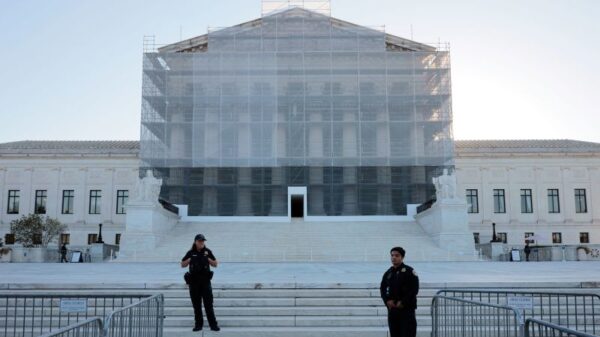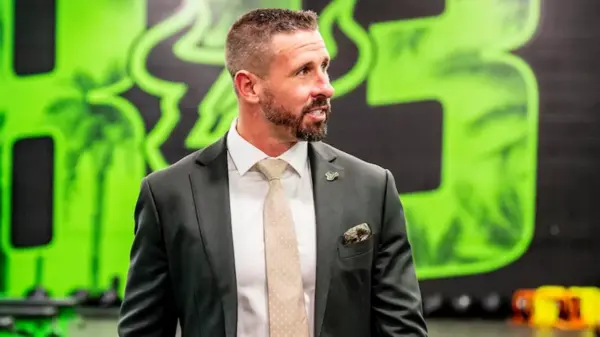Creating an estate plan can be particularly challenging for individuals without family members to rely on for support. Key decisions include who will serve as trustee, power of attorney, and healthcare agent. For those lacking trusted family, alternatives exist that can facilitate effective management of their assets and healthcare decisions.
Choosing the Right Trustee
The role of the successor trustee is crucial, as this individual manages assets in the event of incapacity or death. It is important to note that a trustee does not need to be a relative. Options include friends, corporate trustees such as bank trust departments, or licensed professionals.
For individuals with simpler estates, a trusted friend may serve as a suitable trustee. Their responsibilities include managing assets, paying bills during incapacity, and distributing assets according to the estate plan after death. However, it is vital to ensure that the chosen friend is willing to accept this responsibility and understands the legal obligations, which may include paperwork and potential liability.
In cases where individuals lack a trusted friend or have more complex estates—perhaps involving property, businesses, or valuable collections—a corporate trustee may be the better choice. National banks and dedicated trust companies can provide the expertise required to manage diverse assets. Such corporate entities typically charge an annual fee of 1 to 2 percent of the asset value and may have minimum asset thresholds ranging from $500,000 to $5 million. Important questions to consider when selecting a corporate trustee include their fee structure, acceptance of asset types, and specific language needed in the trust documents.
Exploring Professional Fiduciaries
For those hesitant to involve friends or family, or who seek additional options, professional fiduciaries can provide a valuable service. Licensed and regulated by the state of California, these professionals adhere to strict ethical standards and must complete ongoing education and background checks.
Professional fiduciaries manage client assets and are responsible for any hired assistance, such as investment managers or real estate agents. They can be held accountable for losses incurred from improper management, making it essential to understand their fee structures and succession plans. Individuals can locate a professional fiduciary through the Professional Fiduciary Association of California at pfac-pro.org.
Deciding who to appoint as power of attorney and healthcare agent is equally significant and personal. This role may be better suited for a trusted friend than a corporate trustee, as corporate entities are unlikely to understand individual preferences for personal care. Establishing a mutual agreement with a friend for reciprocal support can simplify this process. If choosing a professional fiduciary for this role, ensure that prior discussions have clarified expectations.
Determining Asset Distribution
Without an established estate plan, an estate may be distributed according to intestacy laws, potentially leading to assets going to distant relatives or individuals unknown to the deceased. To avoid this, it is critical to create a will or trust that specifies desired beneficiaries, which may include friends, colleagues, or charitable organizations.
In many instances, friends become like family, and planning for the future ensures that assets are allocated according to personal wishes. While some may feel uncertain about choosing a friend or professional in these roles, they are not alone in their journey to establish a comprehensive estate plan.
Teresa J. Rhyne is an attorney specializing in estate planning and trust administration, practicing in Riverside and Paso Robles. For inquiries, she can be reached at [email protected].








































































